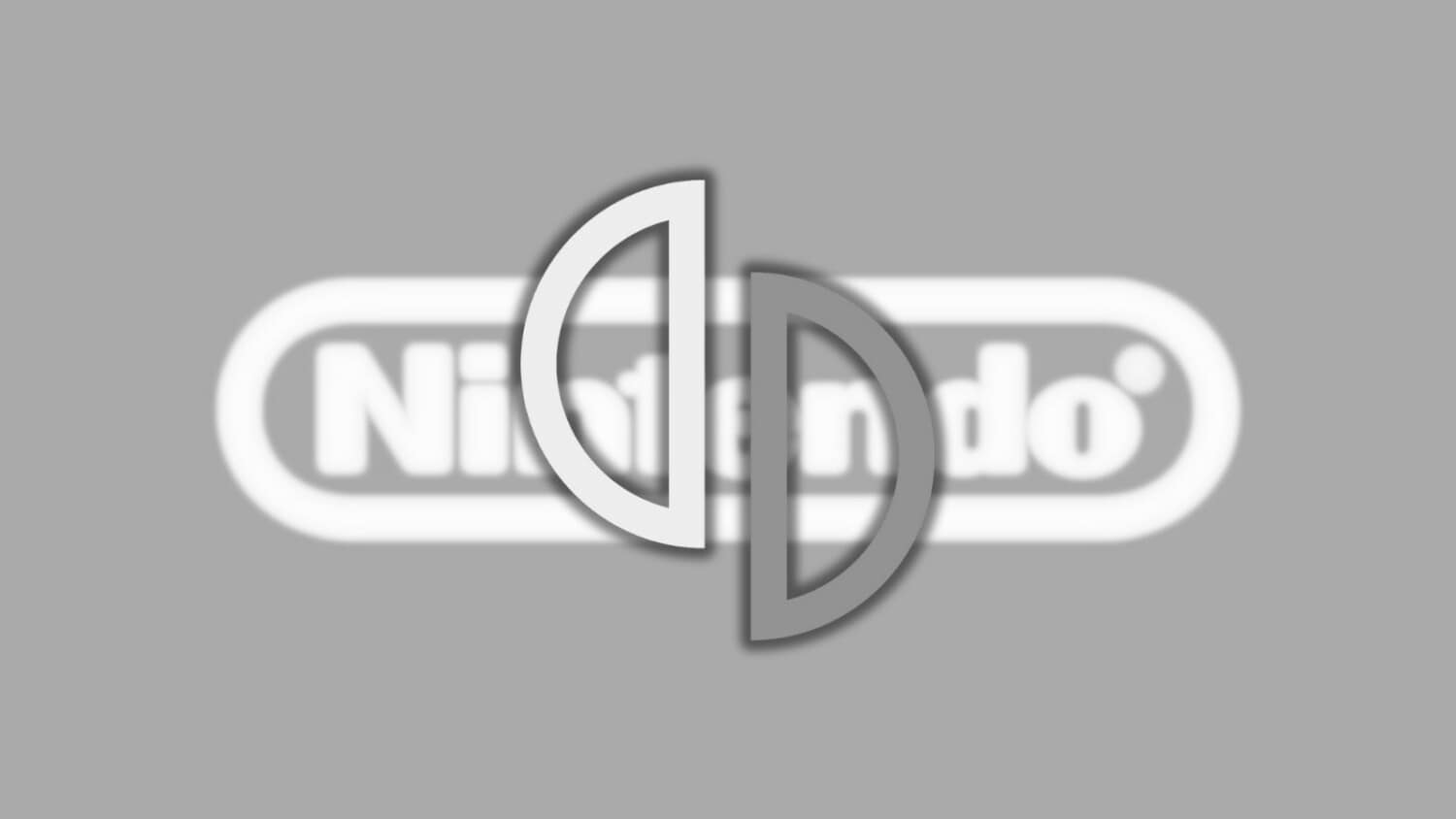
Summary:
Tropic Haze, the developers behind the popular Switch emulator Yuzu, recently reached an out-of-court settlement with Nintendo following a lawsuit. Nintendo accused Yuzu of enabling piracy by circumventing their technological protection measures. As part of the settlement, Yuzu agreed to pay $2.4 million in damages and cease development and distribution of their emulators, including Yuzu and Citra. This abrupt decision has left the emulation and gaming communities in shock, raising concerns about the future of emulation development and its impact on gaming enthusiasts.
The Settlement of Nintendo vs. Yuzu
The unexpected settlement between Tropic Haze’s Yuzu and gaming giant Nintendo has sent ripples through both the emulation and gaming communities. The lawsuit, filed by Nintendo, alleged that Yuzu’s emulation software facilitated piracy by allowing users to play games before their official release.
Background of the Lawsuit
Nintendo’s lawsuit against Yuzu stemmed from concerns regarding piracy facilitated by the emulator. They cited an example of their game, The Legend Of Zelda: Tears Of The Kingdom, being downloaded over a million times before its official launch, with Yuzu being the preferred emulator to bypass encryption measures.
Settlement Agreement
In a swift turn of events, both parties agreed to settle the lawsuit out of court. As per the settlement terms, Yuzu is required to pay Nintendo $2.4 million in damages. Furthermore, they must discontinue the development and distribution of all their emulators, including Yuzu and Citra. This includes removing source code repositories, shutting down their website, and discontinuing support platforms like Patreon and Discord.
Yuzu Team’s Statement
Yuzu’s developers released a statement acknowledging the concerns raised by Nintendo. They admitted that their emulator could bypass Nintendo’s technological protection measures, leading to widespread piracy. They emphasized their commitment to curbing piracy and stated that they could not allow it to continue, hence agreeing to the terms set forth by Nintendo.
Impact on the Community
The settlement between Yuzu and Nintendo has left a profound impact on the emulation and gaming communities. Yuzu and Citra were among the most popular emulators available, providing users with access to a wide range of Nintendo games. With their discontinuation, users are left uncertain about the future of emulation and the availability of their favorite titles.
Future Implications
The settlement raises questions about the future of emulation development and its legality. While emulation itself is not illegal, the use of emulators to play copyrighted games without authorization raises concerns about piracy. The outcome of this settlement may influence the development and distribution of emulators in the future, as developers navigate legal challenges and concerns raised by copyright holders.
Conclusion
The settlement between Nintendo and Yuzu marks a significant development in the ongoing debate surrounding emulation and piracy. While it addresses Nintendo’s concerns about piracy, it also highlights the challenges faced by developers in creating and distributing emulation software. The impact of this settlement on the emulation and gaming communities remains to be seen, but it underscores the complex relationship between technology, copyright, and consumer rights.
FAQs
- 1. What led to the lawsuit between Nintendo and Yuzu?
- The lawsuit stemmed from Nintendo’s concerns about piracy facilitated by Yuzu’s emulation software, which allowed users to play copyrighted games before their official release.
- 2. What was the outcome of the lawsuit settlement?
- As part of the settlement, Yuzu agreed to pay Nintendo $2.4 million in damages and cease development and distribution of their emulators, including Yuzu and Citra.
- 3. How did Yuzu respond to the allegations made by Nintendo?
- Yuzu’s developers released a statement acknowledging Nintendo’s concerns and admitting that their emulator could bypass Nintendo’s technological protection measures, leading to piracy. They emphasized their commitment to curbing piracy and agreed to the terms set forth by Nintendo.
- 4. What impact does the settlement have on the emulation community?
- The discontinuation of Yuzu and Citra has left the emulation community uncertain about the future availability of their favorite Nintendo games. It raises questions about the legality and future development of emulation software.
- 5. What are the future implications of this settlement?
- The settlement may influence the development and distribution of emulators in the future, as developers navigate legal challenges and concerns raised by copyright holders. It underscores the complex relationship between technology, copyright, and consumer rights.













